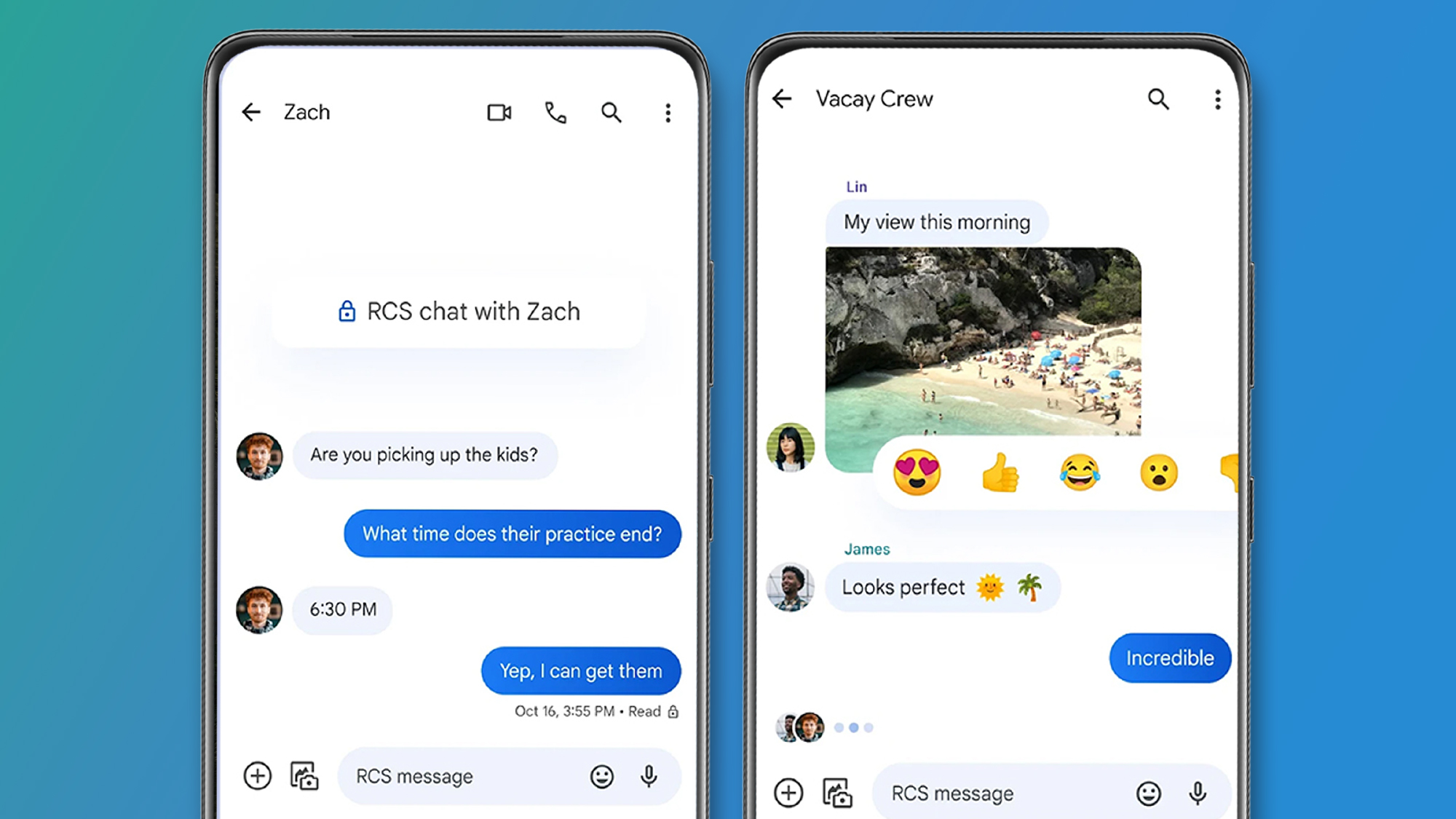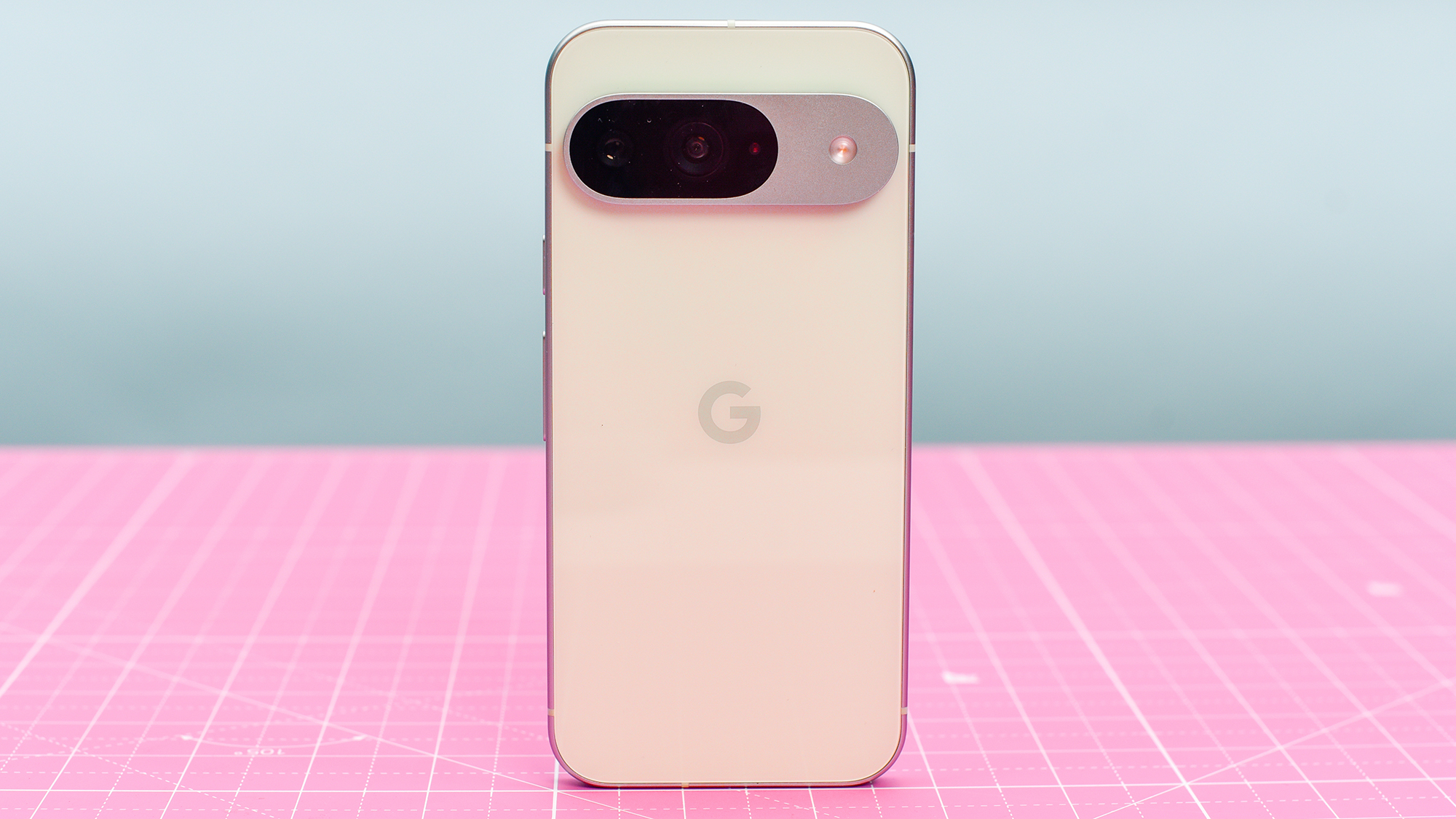These 5 new features are about to make Google Messages more secure
Stop scams and spam

If you use Google Messages as your default SMS and RCS app on Android, your messaging experience is about to get significantly safer: Google is rolling out five new features to protect you from scammers, spammers, and more.
As detailed in a blog post, the first feature – launching in the beta version of the app to begin with – is enhanced scam detection, which uses on-device machine learning to better identify and flag up scam texts (involving fake deliveries or job listings, for example).
Then there are warnings about potentially dangerous links – the sort that try and get you to visit fraudulent websites that'll pinch personal information from you. Already in testing in India, Thailand, Malaysia and Singapore, this is expanding globally later this year.
A number of different factors are used to assess whether or not a link is dangerous, including any information that Google already has about the sender (there are already similar link vetting features in Gmail and Chrome).
Checking message senders

Third are new controls to turn off messages from unknown international senders: you'll soon have the option to hide texts that have been sent from an international number, by someone who isn't already in your contacts.
These messages won't disappear completely, but will be moved to the spam folder already in the Google Messages app. This might take a while to reach you though, with a pilot trial limited to Singapore launching first, later this year.
Fourthly, a sensitive content warning is being introduced to blur images that may contain nudity, before allowing them to be shown – with extra protections against accidental shares. It's going to be opt-out for those under 18, Google says, and opt-in for adults.
Sign up for breaking news, reviews, opinion, top tech deals, and more.
Finally, Google says it's working on an improved contact verification feature – involving PINs and QR codes – so you can be sure the person you're messaging is the person they say they are. This is in the works, and is due to be launched next year.
You might also like

Dave is a freelance tech journalist who has been writing about gadgets, apps and the web for more than two decades. Based out of Stockport, England, on TechRadar you'll find him covering news, features and reviews, particularly for phones, tablets and wearables. Working to ensure our breaking news coverage is the best in the business over weekends, David also has bylines at Gizmodo, T3, PopSci and a few other places besides, as well as being many years editing the likes of PC Explorer and The Hardware Handbook.